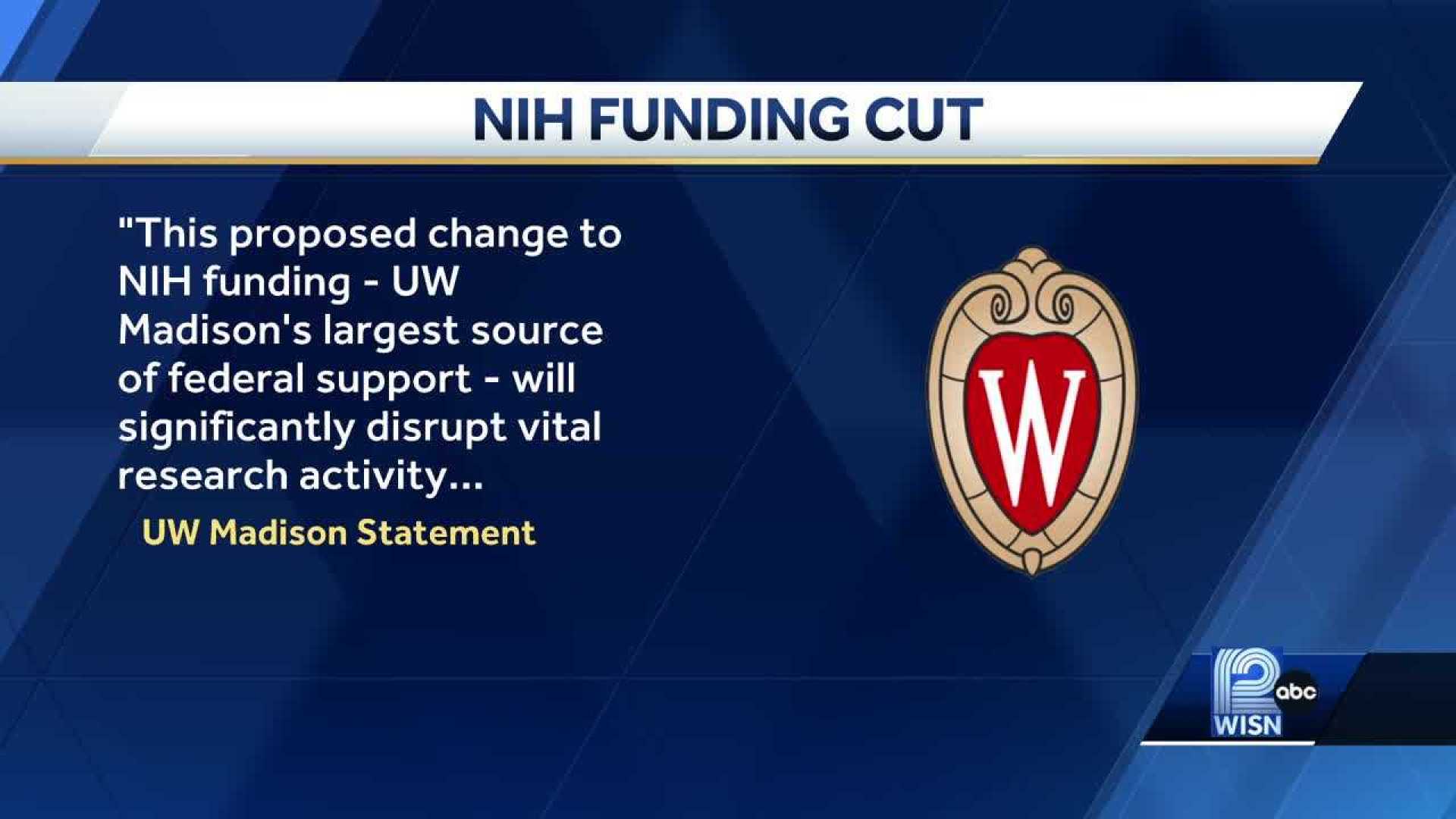News
Federal Judge Blocks NIH Funding Cuts Amid States’ Lawsuit

WASHINGTON, D.C. — A federal judge temporarily blocked the National Institutes of Health (NIH) on Monday from implementing a controversial policy that would slash funding for biomedical research, following a lawsuit filed by 22 states. This ruling halts a measure that would significantly cap funding for indirect costs associated with federal research grants.
U.S. District Judge Angel Kelley, appointed by President Joe Biden, issued a temporary restraining order following arguments from the attorneys general of Massachusetts, Illinois, and Michigan, among others. A hearing is scheduled for February 21 to further discuss the legal ramifications of the NIH’s proposed changes.
Massachusetts Attorney General Andrea Joy Campbell stated, “We will not allow the Trump Administration to unlawfully undermine our economy or play politics with our public health.” The lawsuit contends that the cuts would have “immediate and devastating” effects on research institutions that rely on NIH funding.
The NIH’s policy, announced last Friday, aimed to cap indirect costs at 15%, a drastic reduction from the current average of approximately 27-28%. According to NIH estimates, this move was projected to save the federal government over $4 billion annually.
This reduction would affect critical funding for universities and research institutions, which use the money for essential operational expenses such as maintenance, utilities, and administrative support. Recipients of these funds, including top institutions in California, New York, and North Carolina, argue that the new limits threaten their ongoing research initiatives, which include studies on cancer and chronic diseases.
Robert F. Kennedy Jr., President Trump’s nominee for the Department of Health and Human Services, may ultimately have the power to reverse these cuts once confirmed. Senator Susan Collins, R-Maine, noted that Kennedy intends to re-evaluate the proposal once in office, highlighting bipartisan concern over the NIH’s changes.
“Make no mistake. This announcement will mean less research. Lights in labs nationwide will literally go out. Researchers and staff will lose their jobs,” said a representative from the Association of American Medical Colleges.
The NIH justified its decision by arguing that the capping of indirect costs aligns with funding practices of other nonprofit organizations. However, critics assert that these costs are integral to the infrastructure needed for effective research, ranging from laboratory maintenance to essential administrative functions.
“This action will slow advances for millions of patients who desperately need critical breakthroughs,” said Mark Becker, president of the Association of Public and Land-Grant Universities. “NIH-funded researchers are working tirelessly toward breakthroughs in treating debilitating diseases.”
The impending cuts prompted immediate pushback from various stakeholders within the scientific community, with many researchers fearing a drop in the quality and quantity of scientific output that could result from reduced funding. “This will derail major breakthroughs by forcing research institutions to scramble to make up this massive shortfall,” noted Sen. Patty Murray, D-Wash., underscoring the urgency of safeguarding NIH funding.
The NIH’s move to implement the funding changes has sparked legal challenges and widespread criticism, highlighting significant concerns regarding its impact on America’s research landscape. As the legal proceedings unfold, further developments are anticipated in the coming weeks.












